“This Generation Shall Have My Word through You”
Reading assignment
The scriptures listed in the following questions and in the scripture chain:
D&C 84:19–25 (Melchizedek Priesthood),
D&C 88:15–24 (Three kingdoms of glory; see also D&C 76:50–112),
D&C 93:29 (Premortal existence),
D&C 107:23, 33, 35 (Apostles and prophets),
D&C 124:37–42 (Temples),
D&C 128:16–18 (Baptism for the dead),
D&C 130:22 (The Godhead);
Bible Dictionary, “Joseph Smith Translation,” 717;
Our Heritage, pages 23–25, 41, 58.
Links: Teacher’s manual | Student manual
Overview
This lesson is about Joseph Smith, and his impact on Mormon doctrine. (Since he’s the founder, the answer is an unsurprising “huge”.) For Mormons this lesson is kind of a breather, a list of what Smith wrote, along with exhortations to be grateful for it, and invitations for class members to tell what it “means to them”.
For us, it’s a chance to take an all-encompassing look at the full horror, and see how wrong it all is. If somewhere I missed an opportunity to bash away at a volume of scripture, here’s where I make up for it.
Joseph Smith was part story-teller, part con artist, part religious mystic, and all sexual predator. Richard Dawkins’s description of him as “enterprisingly mendacious” is just right. He was a magpie, scanning the frontier culture of his day, picking up anything shiny that crossed his path, and working it into a narrative that he busily constructed for the whole of his life, in hopes that it would be the One Big Sell that would get him money, sex, and power.
We’ll be looking at his major works:
- The Book of Mormon
- Doctrine and Covenants
- The Joseph Smith “Translation” of the Bible
- Pearl of Great Price
Reading
The Book of Mormon
The Book of Mormon is arguably the most beloved book of scripture for Latter-day Saints, and predictably, it gets everything wrong.
It misidentifies Hebrews as ancestors of Native Americans — a hypothesis that was current in Joseph Smith’s day, but which has been disconfirmed by modern evidence. It mentions plants and animals that did not exist in the ancient Americas, and fails to mention many that did. The Lamanites should have left an extensive archaeological footprint, but would appear to have vanished without a trace.
Joseph Smith plagiarised the Bible in its entirely, even the bits that weren’t supposed to have been written at the time of the Book of Mormon. No one in the church seems to notice this.
Joseph Smith was supposed to have seen God the Father and Jesus Christ as two separate individuals — a theological bombshell for Christendom at the time — but then went ahead and wrote the Book of Mormon to reflect a trinitarian doctrine, as though the First Vision had never happened. It also addresses theological, social, and political concerns of the American frontier Protestantism of the 1800s, in a way that would have been entirely foreign to ancient Mesoamerica.
Even more brashly, Joseph Smith inserted himself into the Book of Mormon as a fulfilment of prophecy, in a move that would make any writer with a sense of shame blush. From the manual:
The Book of Mormon
Read 2 Nephi 3:11–15 with class members. Explain that this passage contains a prophecy about Joseph Smith. The writings mentioned in verse 12 are the Bible and the Book of Mormon.
2 Nephi 3:11 But a seer will I raise up out of the fruit of thy loins; and unto him will I give power to bring forth my word unto the seed of thy loins — and not to the bringing forth my word only, saith the Lord, but to the convincing them of my word, which shall have already gone forth among them.
3:12 Wherefore, the fruit of thy loins shall write; and the fruit of the loins of Judah shall write; and that which shall be written by the fruit of thy loins, and also that which shall be written by the fruit of the loins of Judah, shall grow together, unto the confounding of false doctrines and laying down of contentions, and establishing peace among the fruit of thy loins, and bringing them to the knowledge of their fathers in the latter days, and also to the knowledge of my covenants, saith the Lord.
3:13 And out of weakness he shall be made strong, in that day when my work shall commence among all my people, unto the restoring thee, O house of Israel, saith the Lord.
3:14 And thus prophesied Joseph, saying: Behold, that seer will the Lord bless; and they that seek to destroy him shall be confounded; for this promise, which I have obtained of the Lord, of the fruit of my loins, shall be fulfilled. Behold, I am sure of the fulfilling of this promise;
3:15 And his name shall be called after me; and it shall be after the name of his father. And he shall be like unto me; for the thing, which the Lord shall bring forth by his hand, by the power of the Lord shall bring my people unto salvation.
Talk about audacity!
Ask: If you were a believer, what did you think about these verses? Did you allow yourself to reflect on how transparent a con this might have been?
Doctrine and Covenants
The manual explains:
The Book of Commandments. This is the first compilation of the revelations given through the Prophet Joseph Smith. These revelations later became part of the Doctrine and Covenants.
Ahem: not in their original form. The chapters from the Book of Commandments were reworked (in some cases, extensively). And the best part:
Interestingly, most of the revelations collected in the Book of Commandments were first printed in the Church periodical The Evening and Morning Star. When Doctrine and Covenants was printed, the first fourteen issues of The Evening and Morning Star were reprinted so as to agree with the revised revelations.
Down the memory hole!
There’s a bit in this lesson about the tensions between the people of Missouri and the Mormon settlers. That’s not cool, and I don’t want to excuse that. But there’s a tendency to think that the opposition facing the church — then and now — is the result of blind, unreasoning (possibly Satanic) prejudice. There are a couple of reasons for that.
- It’s a way of explaining opposition. If people are against the church, members must not give in to the idea that they might have a point. Make it seem unreasoning, and thereby invalid. That way, there’s nothing to explain or think about. No self-analysis is necessary.
- Blind implacable aggression is frightening. Fear drives members farther into the in-group. It galvanises support.
In fact, there were reasons that the early Saints and the Missiourians didn’t get along. I’d encourage having a read of the relevant entry in the Encyclopedia of Mormonism, which surprised me by being pretty even-handed in its treatment, without whitewashing the actions of the Mormons.
Tension between the Latter-day Saints and their neighbors in frontier Jackson County mounted for several reasons. First, marked cultural differences set them apart. With New England roots, most Saints valued congregational Sabbath worship, education of their children, and refined personal decorum. In contrast, many Jackson County residents had come to the Missouri frontier from other states precisely to avoid such interference in their lives. Many held no schools for their children, and Sunday cockfights attracted more people than church services did. Often hard drinking intensified violent frontier ways. In the opinion of non-LDS county resident John C. McCoy in the Kansas City Journal (Apr. 24, 1881, p. 9), such extreme differences in customs made the two groups “completely unfitted to live together in peace and friendship.”
Second, Missourians considered the Latter-day Saints strange and religiously unorthodox. Many LDS Church members aggressively articulated belief in revelation, prophets, the Book of Mormon, spiritual gifts, the Millennium, and the importance of gathering. Some went further and claimed Jackson County land as a sacred inheritance by divine appointment. Even David Whitmer, presiding elder of one branch, thought these boasts excited bitter jealousy. Articles on prophecy and doctrine published in the Church newspaper at Independence, the evening and the morning star, added to hard feelings. In addition, local Protestant clergy felt threatened by LDS missionary activity.
Third, because the Saints lived on Church lands and traded entirely with the Church store or blacksmith shops, some original settlers viewed them as economically exclusive, even un-American. Others accused LDS immigrants of pauperism when, because of diminished Church resources, they failed to obtain land.
A fourth volatile issue was the original settlers’ fear that Latter-day Saints might provoke battles with either slaves or Indians. They accused the Saints of slave tampering. As transplanted Southerners who valued their right to hold slaves, the settlers erroneously feared that the Saints intended to convert blacks or incite them to revolt. They also correctly asserted that the Latter-day Saints desired to convert Indians and, perhaps, ally themselves with the Indians.
Finally, Missourians feared that continued LDS ingathering would lead to loss of political control. “It requires no gift of prophecy,” stated a citizens’ committee, “to tell that the day is not far distant when the civil government of the county will be in their hands; when the sheriff, the justices, and the county judges will be Mormons” (HC 1:397). These monumental differences between the Latter-day Saints and the Missourians eventually led to violence.
The short story: utopian religious groups don’t play well with others. The frontier people of Missouri might have had some valid concerns about people from a strange unknown religious tradition moving in en masse and agglomerating economic and political power — not to mention firepower. But that’s going to figure in later.
That fourth point — “slave tampering” — became an issue at this time. The Mormons published a pro-abolitionist article (<a href=”http://mit.irr.org/joseph-smith-and-abolition-of-slavery”>atypical for Mormons at the time</a>) called “Free People of Color”. Incensed, the Missourians destroyed W. W. Phelps’ printing press, and copies of the Book of Commandments were destroyed. The destruction of the printing press was a move that the Mormons would later reciprocate.
The Joseph Smith Translation of the Bible
Ever written a book of fan fiction based on another work, and then found out that it conflicts with the canon? How annoying! But Joseph Smith has the answer — just retrofit the Bible so it works better with your theology. This attempt was the so-called Inspired Version, now called the Joseph Smith Translation.
It’s awful. He rewrites the poetry of the Creation account by sticking “And it came to pass” right up the top! (He doesn’t fix the problem of plants coming before the sun, though.) Instead of the KJV Lot offering his daughters to the men of Sodom,
KJV Genesis 19:8 Behold now, I have two daughters which have not known man; let me, I pray you, bring them out unto you, and do ye to them as is good in your eyes: only unto these men do nothing; for therefore came they under the shadow of my roof.
he has Lot make a rather unpersuasive detour:
JST Genesis 19:13 And Lot said, Behold now, I have two daughters which have not known man; let me, I pray you, plead with my brethren that I may not bring them out unto you; and ye shall not do unto them as seemeth good in your eyes;
Why would the JST need to be a thing? Because Latter-day Saints teach that the Bible has many textual errors. From the manual:
• Read the eighth article of faith with class members. What is the significance of the phrase “as far as it is translated correctly”?
The problem here is that Mormons don’t bother to find out how we would know what a correct translation looks like, or what’s even involved in translation. They don’t want to use a better translation. “Translated correctly” just means “agrees with Mormon doctrine”. It’s a lazy way of dismissing inconsistencies between LDS dogma and the Bible.
I might also add that the word “translation” doesn’t have the conventional meaning to a Mormon. It means something like, “providing inspiration or a jumping-off point for something spiritual that you want to write”.
Instead of making a literal translation, as scholars would use the term, he used the Urim and Thummim as a means of receiving revelation. Even though a copy of Abraham’s record possibly passed through the hands of many scribes and had become editorially corrupted to the point where it may have had little resemblance to the original, the Prophet—with the Urim and Thummim, or simply through revelation—could have obtained the translation—or, as Joseph Smith used the word, he could have received the meaning, or subject-matter content of the original text, as he did in his translation of the Bible. This explanation would mean that Joseph Smith received the text of our present book of Abraham the same way he received the translation of the parchment of John the Revelator—he did not even need the actual text in front of him.
More word games from apologists. Translation doesn’t translation, horses don’t mean horses, and steel doesn’t mean steel. And no one knows what the hell a curelom or a cumom is.
But now we’ve wandered into Book of Abraham territory, so maybe it’s best to go there now.
The Pearl of Great Price
The Book of Abraham is the best evidence that Joseph Smith was making stuff up. If there’s a bigger smoking gun, I don’t know what it would be.
Joseph Smith pretended to translate Egyptian papyri that he procured, and — what do you know! — it was written by Abraham’s own hand. At the time that Joseph Smith wrote the Book of Abraham, decipherment of Egyptian hieroglyphics was not well understood. Joseph Smith could have written anything, and no one would have able to tell him he was wrong.
We can now, though. The papyri are ordinary funerary documents. The meanings given to the facsimiles are what you’d expect from someone who was making stuff up, and who was trying to fool people.
Click to follow the links.
More here.
Conclusion
If I wanted to snark, I could say that if God didn’t pick a fact-challenged con-man to lead his church, he sure went to a lot of effort to make it look like he had.
But then my kinder nature kicks in. Joseph Smith was a writer of terrible and historically inaccurate fiction. For most of us, this is uncontroversial. But he and his followers have created a community that thinks it’s fact, and they can’t see their way out of it. Their reasoning is upside-down; they’ve decided it’s true, and reason backward from there. As LDS apologist Kerry Muhlestein said:
“I start out with an assumption that the Book of Abraham and the Book of Mormon, and anything else that we get from the restored gospel, is true,” he said. “Therefore, any evidence I find, I will try to fit into that paradigm.”
Ask: How are you avoiding poor reasoning and confirmation bias in what you think and read?
Are you finding sources that you disagree with? Do you try to understand their arguments, and can you identify the strengths in their arguments, as well as the weaknesses?
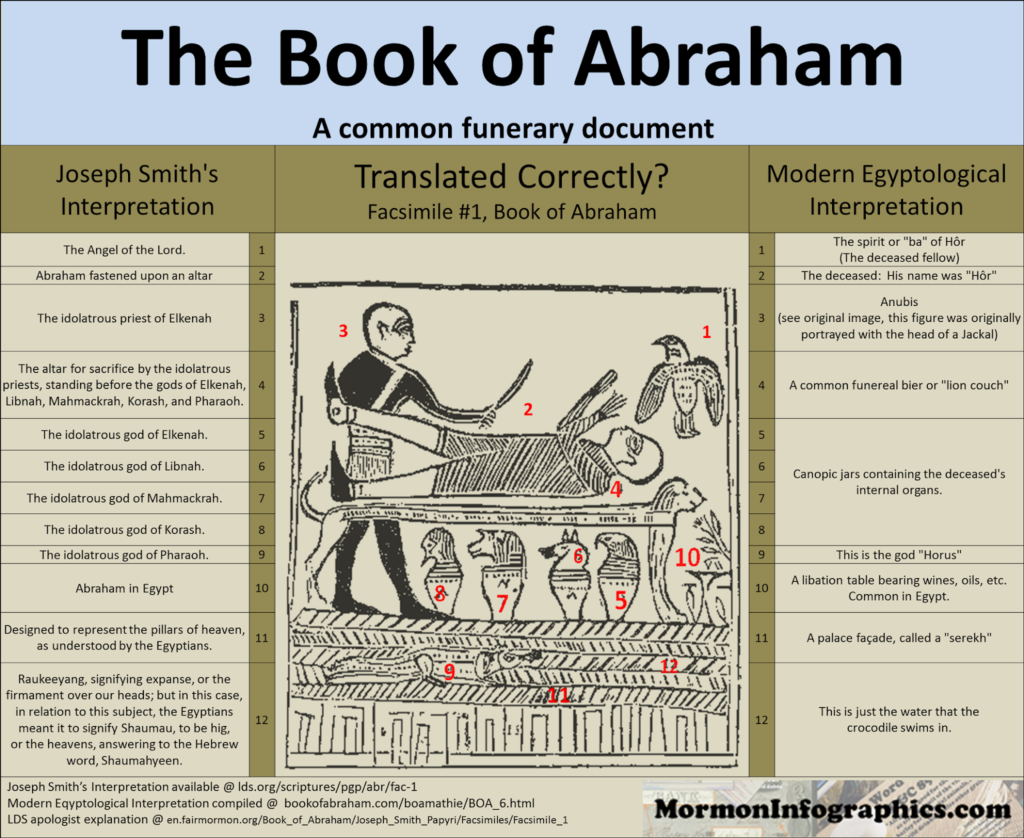
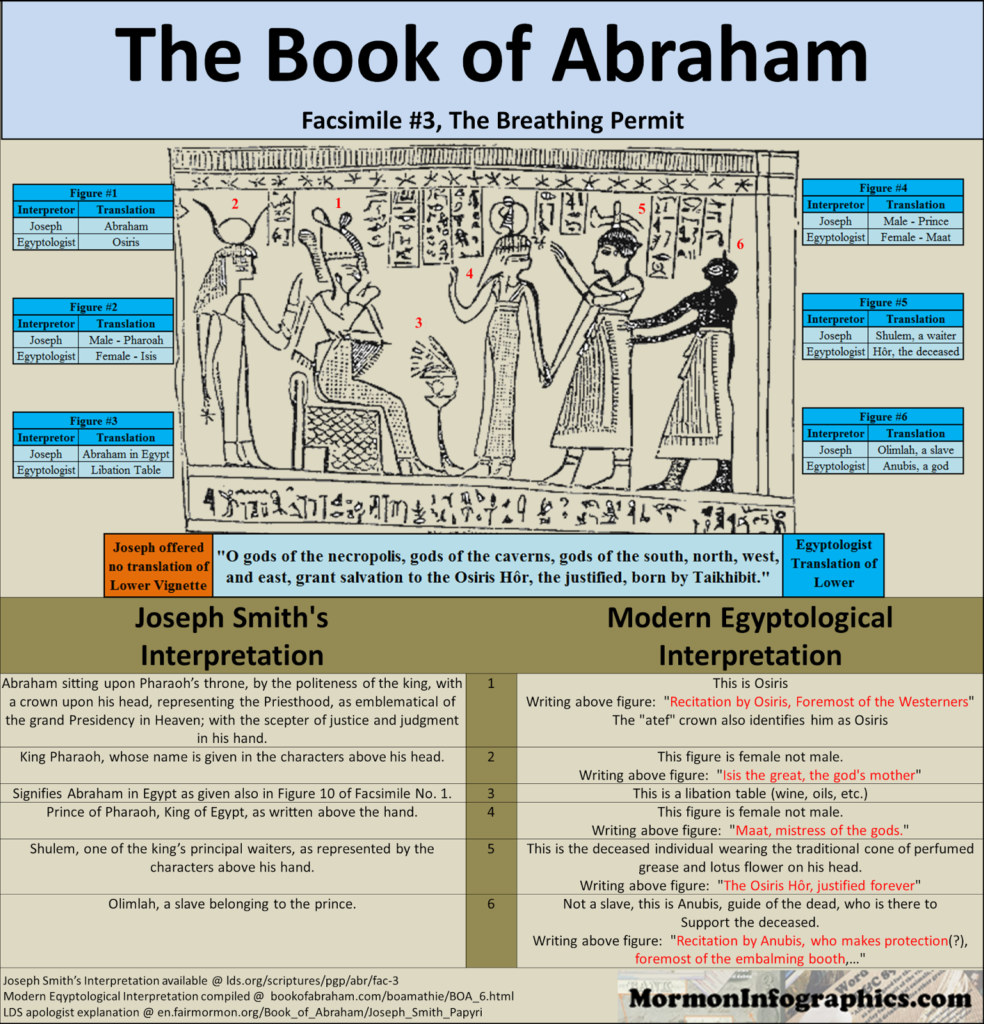
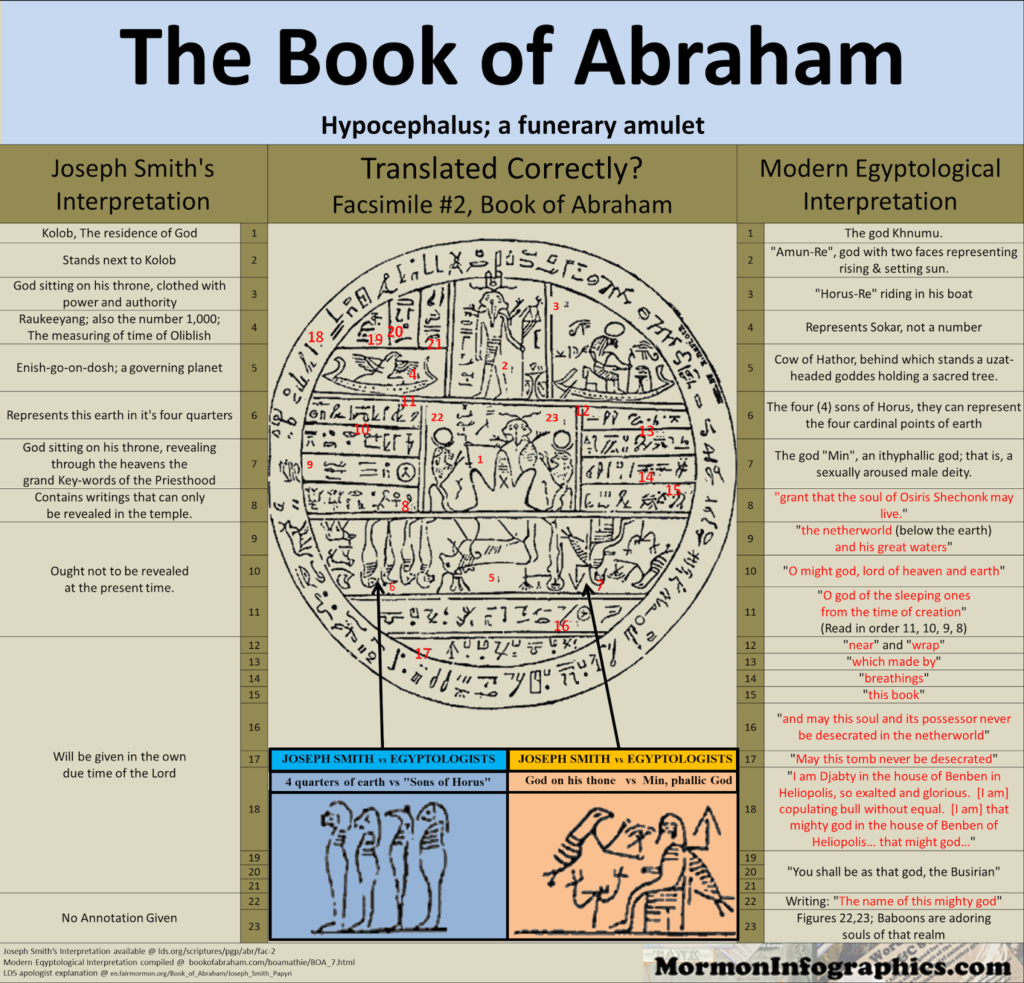
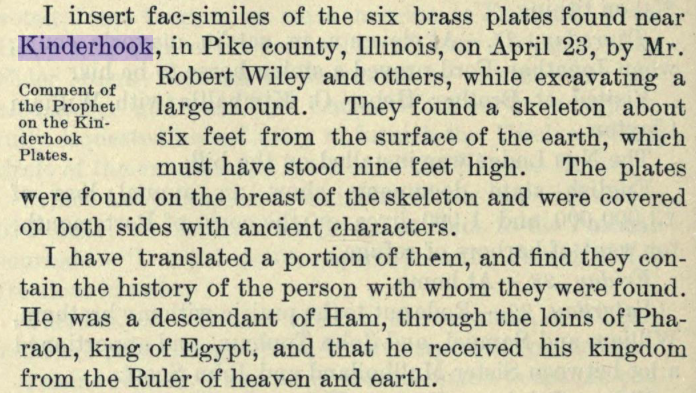





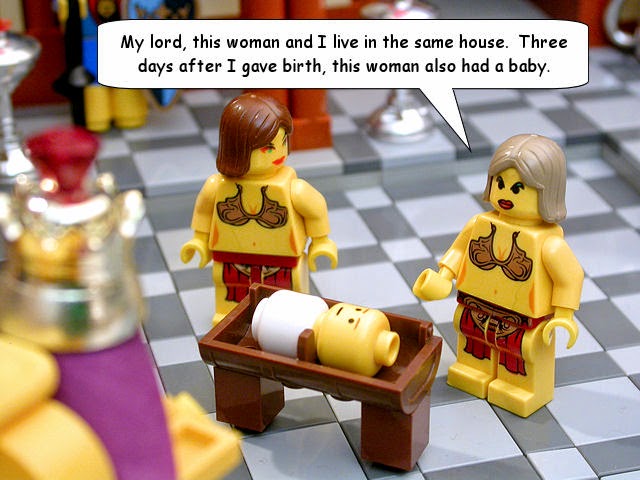
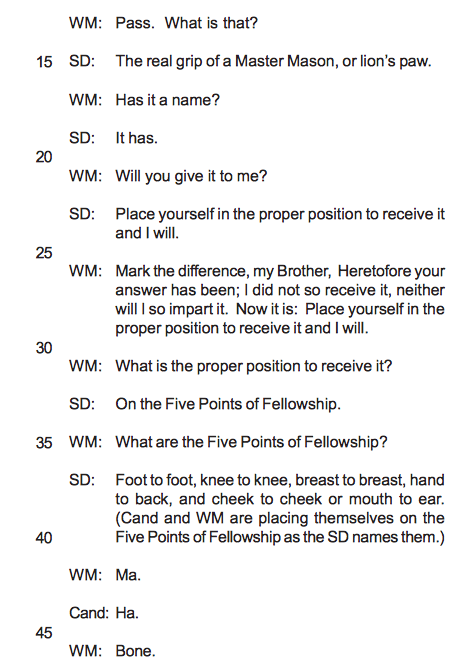


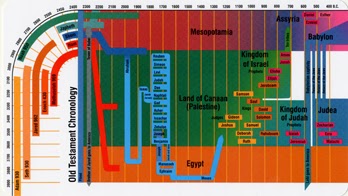
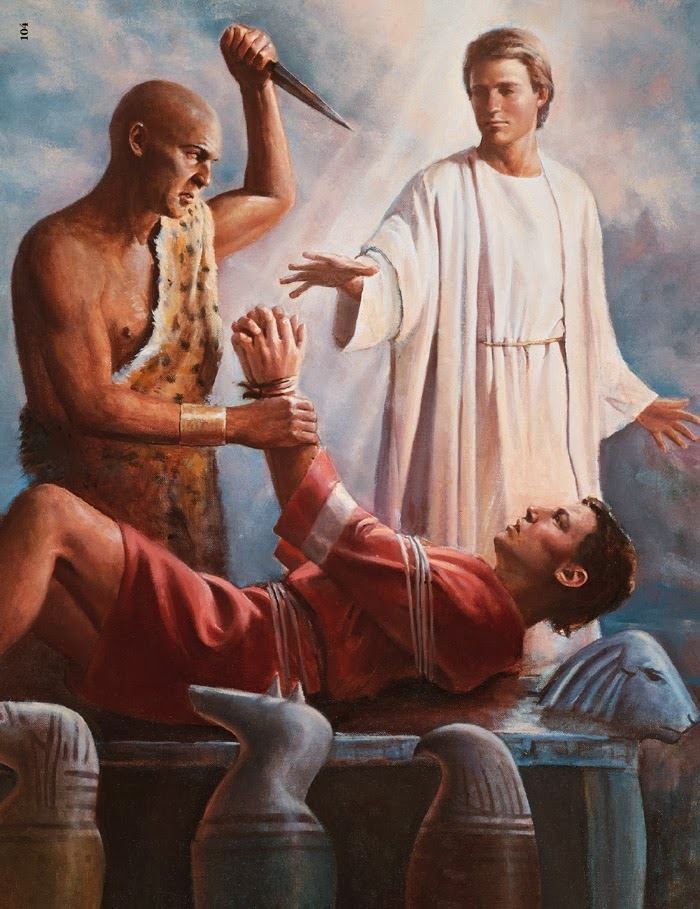


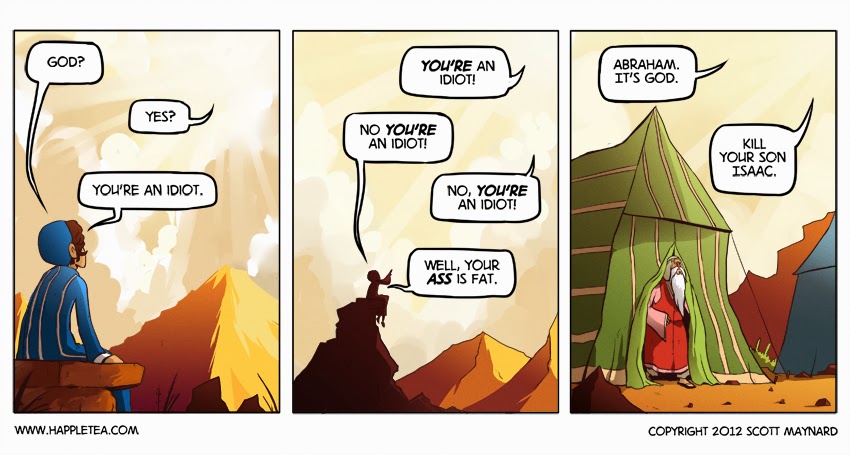
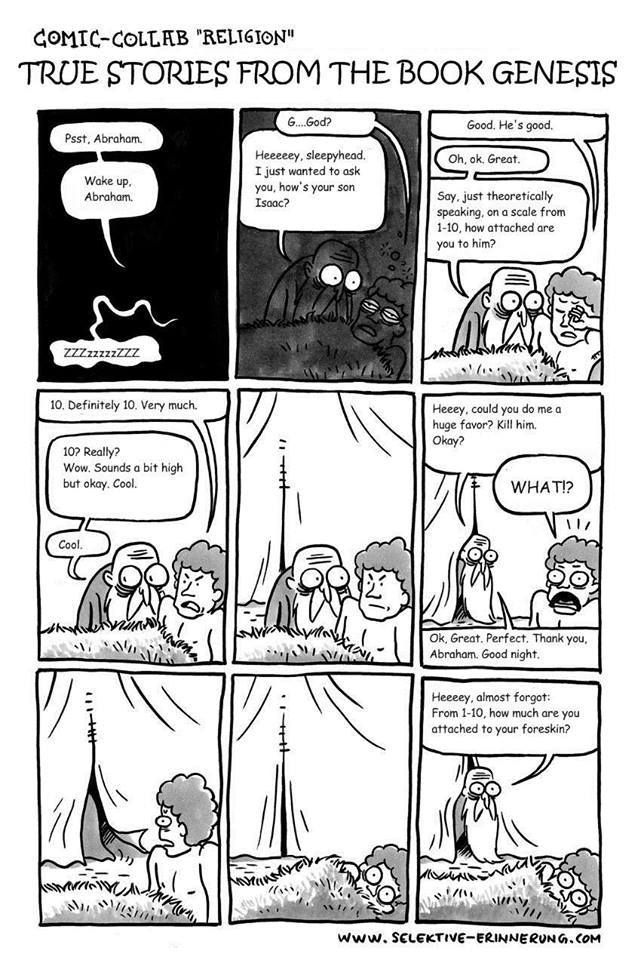
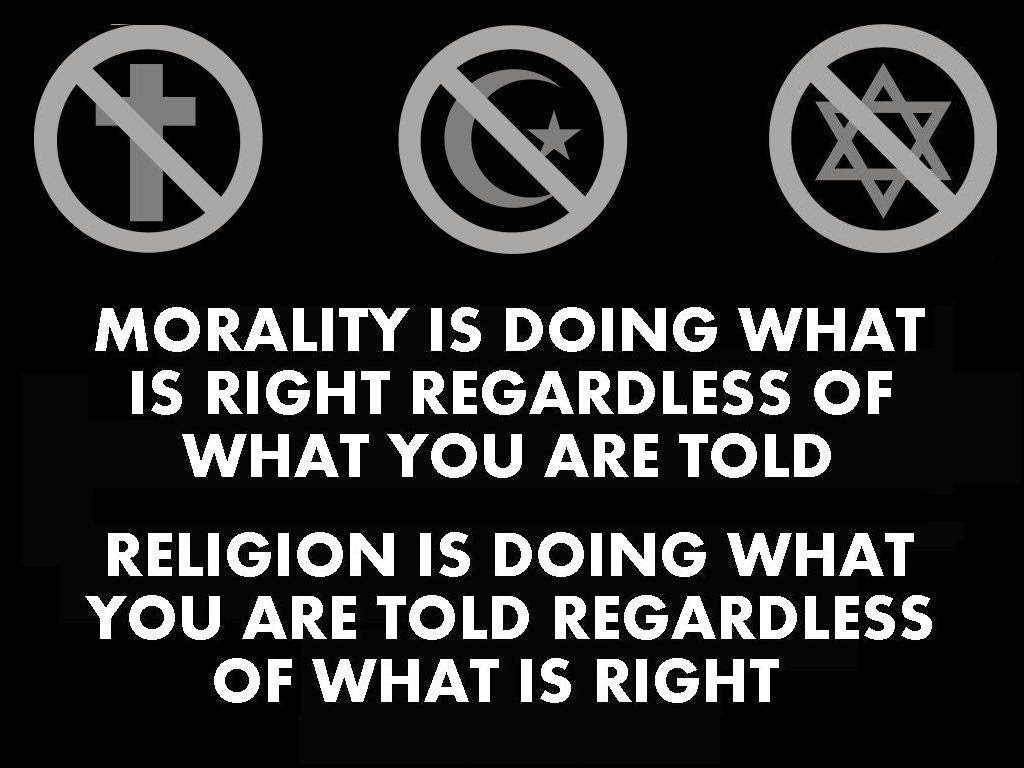
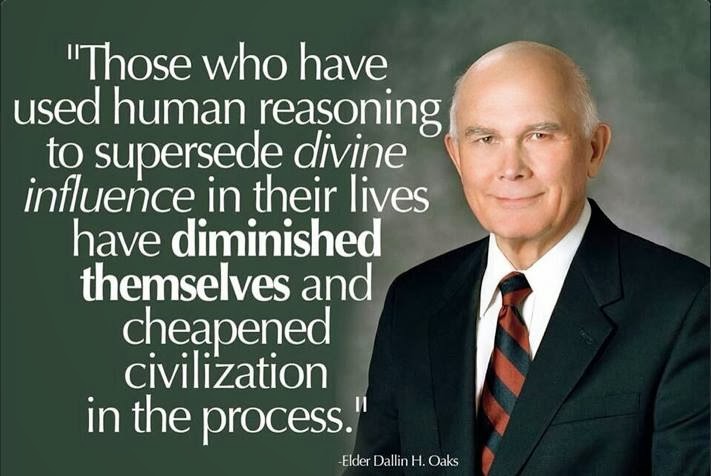
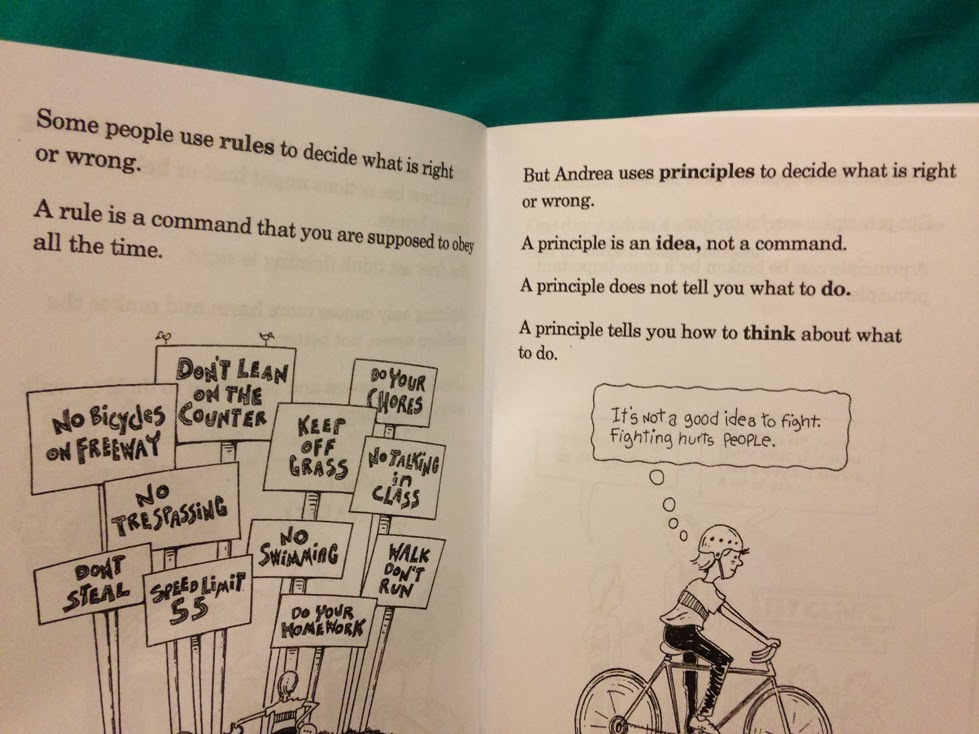
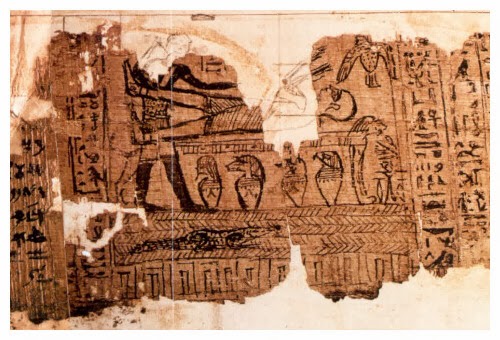
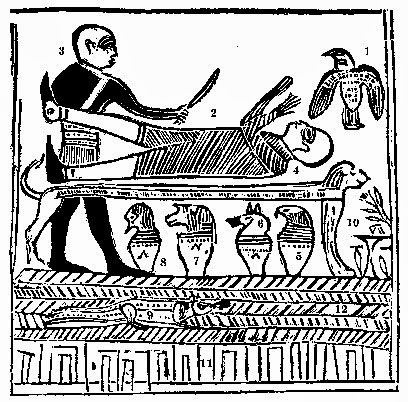
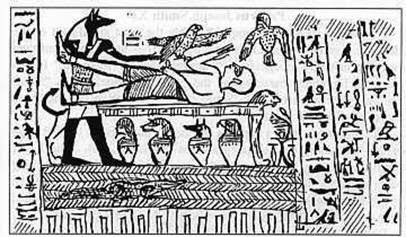
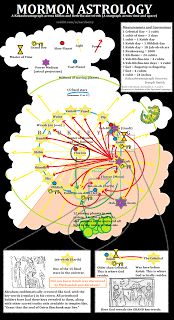
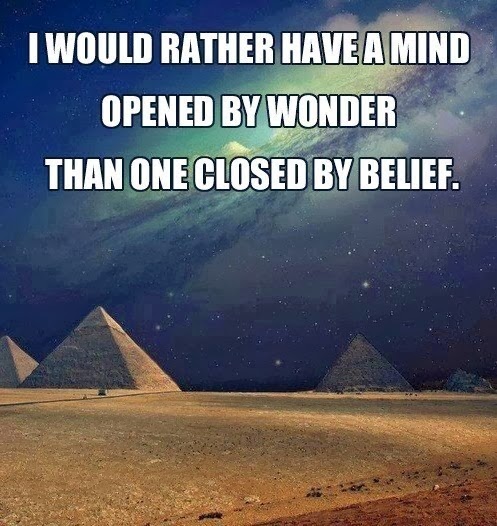
Recent Comments